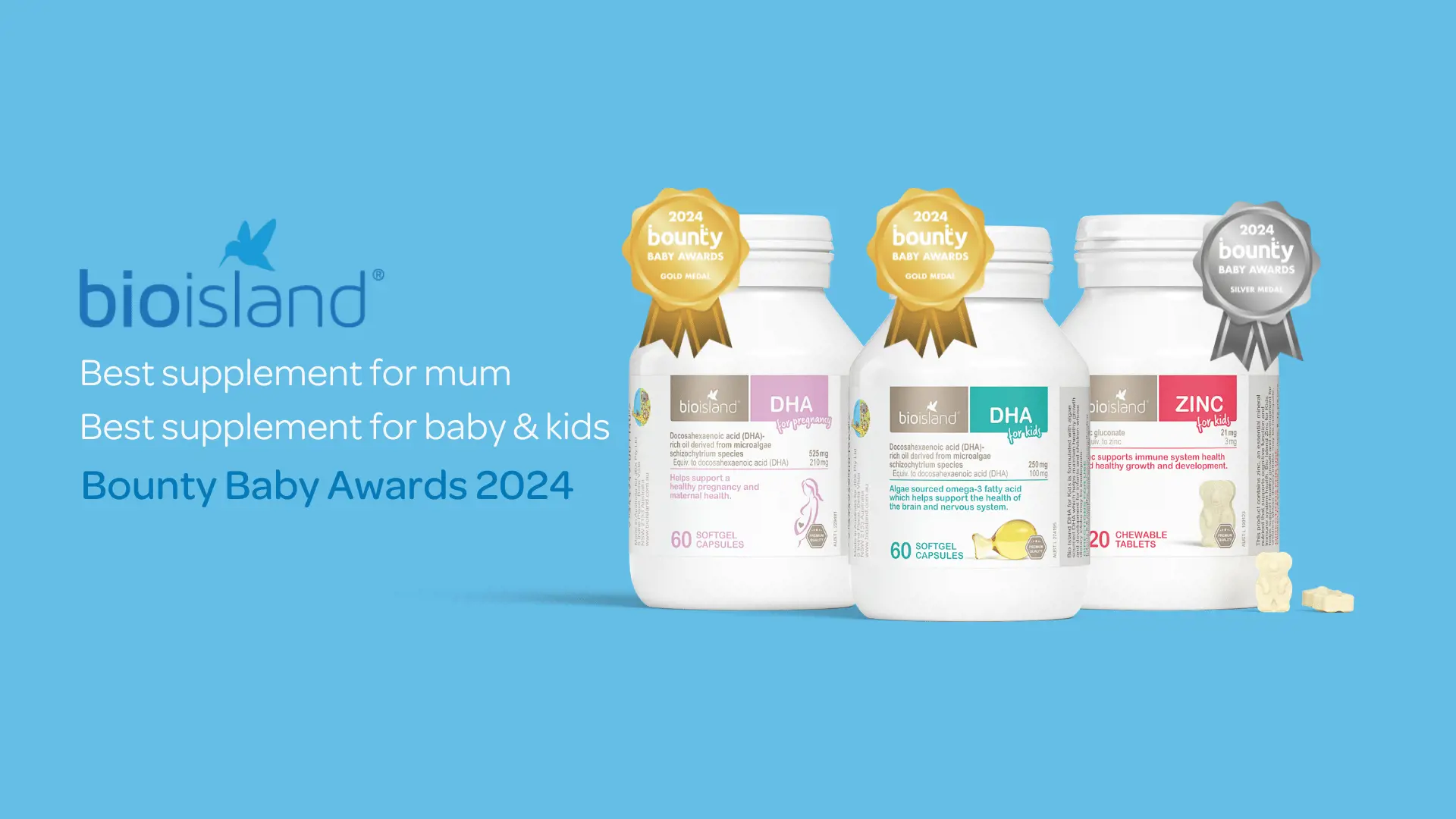
Bilberry and lutein for eye health
Eye health is sadly something we may take for granted until suddenly, we find ourselves squinting and straining.
Health Support
By Bio Island Nutrition Team
Our eye health is sadly something we may take for granted until suddenly, we find ourselves squinting at the TV or making the text bigger on our smartphones. There are many factors that contribute to changes in eyesight and possible development of eye disease including;
- the ageing process
- genetic conditions
- poor diet
- prolonged eye strain
- health conditions such as diabetes
While many of these risks can be managed with a few simple lifestyle changes, there are also therapeutic foods and supplements that may help to boost your overall eye health and prevent vision loss in the future.
In a study published in 2006, researchers at the National Eye Institute reported beneficial effects of adding lutein to a supplement regime designed to slow the progression of age-related macular degeneration. Similarly, several published studies have reported a beneficial link between consumption of anthocyanin antioxidants(present in bilberries) and ocular health
Lutein is a carotenoid found in green leafy vegetables. Carotenoids are what give vegetables like carrots and tomatoes their bright colour and are well known for having antioxidant and anti-inflammatory properties. Lutein is of particular interest when investigating eye disease as recent studies suggest increased consumption may reduce the risk of developing age-related macular degeneration.
Scientists propose lutein may act as an antioxidant within the eyes; filtering out damaging blue light and reducing oxidative damage, which can be very destructive to the sensitive tissues of the eyes.
Similarly, bilberries have also been researched for their role in the prevention and treatment of eye disease as they contain chemical compounds that also poses anti-inflammatory and anti-oxidant properties. The bilberry fruit has also been shown to have vasodilating properties; helping to open blood vessels and improve over-all blood pressure.
Together, these nutrients may help to protect your vision and increasing consumption of bilberries and lutein-rich foods may be particularly beneficial if eye disease is common in your family. Supplementation is also an option if you feel that your diet is lacking, or fresh ingredients are hard to come by.
It is important to consider that supplements can only be of assistance if dietary intake is inadequate. It is important to seek advice from a qualified health practitioner before taking any supplements.
Sources
https://www.sciencedirect.com/science/article/pii/S0161642012004538
https://onlinelibrary.wiley.com/doi/pdf/10.1002/mnfr.200700002
This information does not take into account your personal situation and is general in nature. You should consider whether the information is appropriate for your needs and seek professional medical advice. Always consult your healthcare professional before taking any supplements or if any concerns arise.






